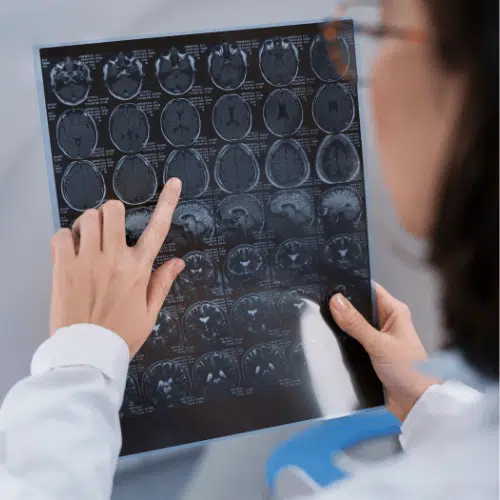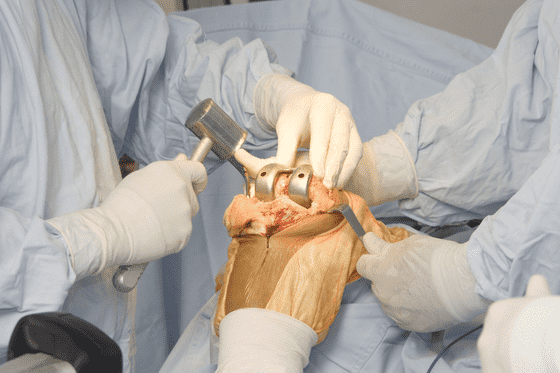Everything about Axis Spine And Orthopedics
Everything about Axis Spine And Orthopedics
Blog Article
The Buzz on Axis Spine And Orthopedics
Table of ContentsRumored Buzz on Axis Spine And OrthopedicsAxis Spine And Orthopedics - An OverviewSome Known Incorrect Statements About Axis Spine And Orthopedics What Does Axis Spine And Orthopedics Mean?
An orthopedic cosmetic surgeon is a doctor that specializes in treating troubles of the bones, joints, and connective tissues, and ensuring you keep a healthy bone and joint system., we have extremely qualified orthopedic doctors that are qualified of treating patients of all ages. I obtained involved in study during my first year of clinical institution, and I started making connections with orthopedic specialists early on.
Talk about the post-operative treatment strategy with your doctor. Arrange for transportation to and from the healthcare facility on the day of surgical treatment.
Not known Incorrect Statements About Axis Spine And Orthopedics

Your medical professional will supply plenty of information pertaining to post-operative care, including just how to stay clean and maintain the surgical location clean. Following these pointers can prepare you literally and psychologically for your orthopedic surgery. Keep in mind to maintain a positive expectation and trust your medical team's knowledge, contributing to a smoother recovery procedure.

Or else, you'll simply get perplexed. Think concerning the big picture. No one anticipates you to understand anything, so don't try to remember a lot of random facts. Whether you're pursuing your children, dealing with treking routes, or revealing off your best dancing steps, maintaining your bone and joint system in excellent form is important. Or else, joint discomfort can really ruin your life.
Usual problems dealt with by orthopedic specialists are: Cracks and Bone Trauma: Broken bones and other injuries from mishaps or impacts. Bone Cancer: Growths in the bones. Orthopedic Trauma: Extreme injuries impacting bones, joints, or soft tissues.
Strains and Strains: Injuries to tendons and muscular tissues. Tendinitis: Swelling of the tendons. Orthopedic specialists perform a variety of treatments to aid individuals with musculoskeletal problems. Usual examples are knee and hip replacements. Joint Repair: Reconstructing a damaged joint to restore its feature. Bone Grafting: Taking bone from one component of the body and transplanting it to another area to fix and rebuild damaged bones. Reconnecting Nerves: Fixing broken nerves to recover movement and experience. Spinal Disk Replacement: Replacing a damaged back disk with a man-made one to alleviate discomfort and recover function. You'll need to take and pass the Medical College Admission Test( MCAT). This standardized examination assesses your understanding and abilities needed for success in medical institution. Clinical college is an extreme

Indicators on Axis Spine And Orthopedics You Should Know
Next, they complete an orthopedic residency. It's commonly 5 years and gives hands-on learning in a clinical setup. Limited motion due to discomfort. Tightness. Visits typically include: Reviewing your symptoms, clinical history and lifestyle. A physical examination, consisting of moving the influenced joint in certain methods. Imaging studies, such as click for more info an X-ray. Description of your diagnosis.
Therapy recommendations. Some conditions require added imaging, like a CT scan or MRI for more in-depth sights of the uncomfortable location. Your orthopedist will advise treatments to decrease signs and symptoms until you get a medical diagnosis. Orthopedic specialists specialize in nonsurgical and surgical strategies. For certain kinds of orthopedic trauma or hereditary problems, surgery is usually the very first line of treatment. For the majority of other conditions, orthopedists attempt nonsurgical therapiesfirst. It may take greater than one kind of treatment to attain lasting alleviation. Picking the right is essential for effective medical results and boosted individual healing. With a wide variety of choices readily available in the market, it can be overwhelming for both cosmetic surgeons and individuals to make an informed decision. The leading five factors to take right into account when picking an orthopedic implant are medical compatibility, cost-effectiveness, factors to consider for revision surgery, patient-specific elements, and the design and development of the dental implant. They are available in different shapes, sizes, and materials, each serving a particular function based on the client's needs. Understanding the essentials of orthopedic implants is essential before diving right into the decision-making procedure. One of the leading factors to consider when selecting an orthopedic implant is its compatibility with the procedure. Various implants are created for different surgical strategies and strategies. The orthopedic implant ought to be specifically made to fit the individual's composition and guarantee stability throughout the recovery process. Surgical compatibility includes elements such as implant size, form, and product. The success of orthopedic treatments depends greatly on the appropriate choice and placement of implants that work with the individual's makeup and case history. By prioritizing patient safety and health, orthopedic specialists can accomplish successful end results and give the best of like their clients. Surgeons must carefully consider the biomechanical properties of the implant and exactly how it will certainly integrate with the individual's bone structure. This will add to much better medical outcomes, minimized complications, and much shorter recovery time. When picking implants for an individual, it is important to take into consideration a range of patient-specific factors that can influence the success and end result of the procedure. These variables include the client's age, bone top quality and quantity, dental health and wellness standing, medical background, lifestyle habits, and aesthetic choices. For older people with jeopardized bone thickness, shorter implants or grafting treatments might be useful to give the necessary stability and support. 3. Is the size of the orthopedic implant an essential consideration? Exactly how does it influence the surgery and the patient's recovery? Yes, the size of the implant is critical as it has to match the client's structure for appropriate fit and capability. 4. Can the person's age and lifestyle contribute in picking one of the most suitable orthopedic implant? Absolutely. Just how does the cost of an orthopedic implant variable into the decision-making procedure, and are there means to balance quality with cost? The price of the dental implant is a vital consideration, yet it should not be the sole determining variable. Balancing quality with affordability includes considering various implant options 'long-term advantages and possible issues. Report this page